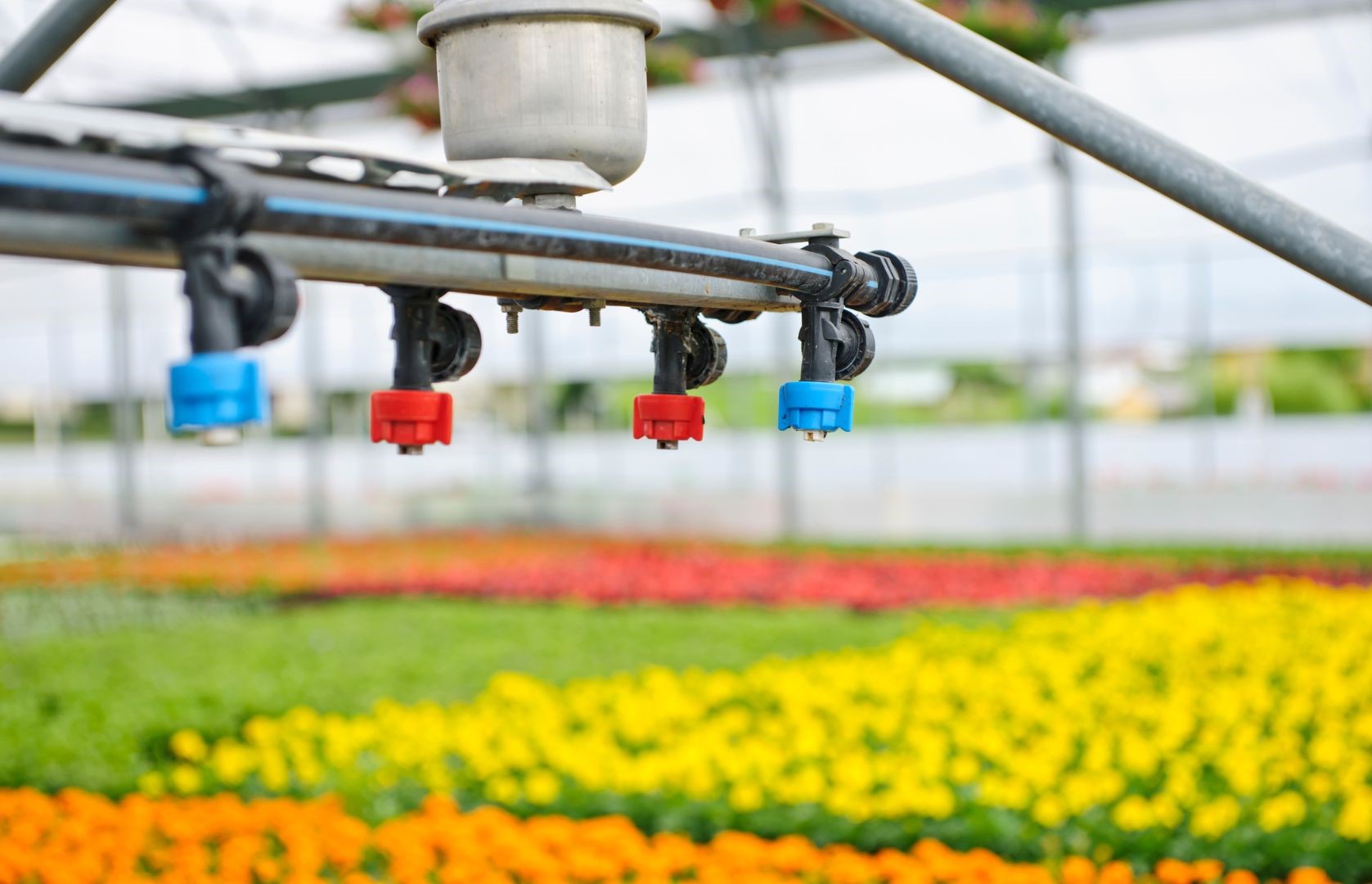Greywater as a Key to Sustainable Farming and Water Management
The growing demands of water needs are directly affecting the energy requirements of a successful farm enterprise. It is high time to explore methods and measures that result in the provision of energy – smart water sources. The potential of grey water as a reutilized/renewable water source has shown prospective results across the globe. Grey water is a less utilized resource but has immense potential for recycling and thus contributes to a circular economy. The meager energy demand of reusing grey water for multiple uses makes it an attractive source for many water-stressed countries. The instances from across the world from countries like Israel and other developed countries that lead the research in grey water show that there is a promising niche for grey water to grow out as a “neo source” for multiple purposes, from flushing in high-rise buildings to incredible uses, including potability.
Previous studies of using grey water for irrigation on ornamentals and garden plants have only shed light on plant performance. Some studies involved greywater irrigation using common garden plants and vegetable crops. (Sara Finley,2008) Using grey water in a production center has immense potential in developing a replicable model of a secondary production system associated with a primary industrial production system utilizing the reuse of the same set of resources in both systems, thus complementing each other and exemplifying the circular economy. The use of non-conventional water sources is to be more pronounced in this scenario where climate and population put stress on water availability. One of its main advantages is its reliability since it is constant over time and not dependent on climate or weather. In addition, it has a series of economic and environmental benefits.
Grey water is one of the reliable solutions that can potentially curtail freshwater withdrawal. In addition, it fits very well into the circular economy. In this sense, greywater (GW) reuse is an important factor in reducing the demand for drinking water towards sustainable water management, and it can be applied in utilities that demand potable and non-potable water, such as flushing toilets, agriculture watering gardens, washing cars, and extinguishing fires. There are even studies that help prioritize upcoming greywater quality monitoring and define the goals of multiple barriers treatment in future water reclamation plants for potable water production.
A major source of reclaimable water, specifically crucial for water-stressed nations, is the urban wastewater generated from household washing activities, referred to as “greywater”. Bearing in mind that greywater generally has a lower organic load and pathogen content than municipal wastewater, which includes additionally the respective streams from toilets and kitchen sinks, it may be considered an ideal candidate for decentralized treatment and reuse systems among irrigating fodder farms qualifies as the best pick, taking into account the duration of crop stand for accumulation of any residue.
As a potential solution, greywater (GW) reuse is emerging as an integral part of water demand management, promoting the preservation of high-quality fresh water, especially for irrigation requirements. The added advantage is that greywater reduces both environmental pollution and overall supply costs. Recent developments in technology and changes in attitudes toward wastewater reuse suggest that greywater has a promising role in mitigating stress on available freshwater.









































































